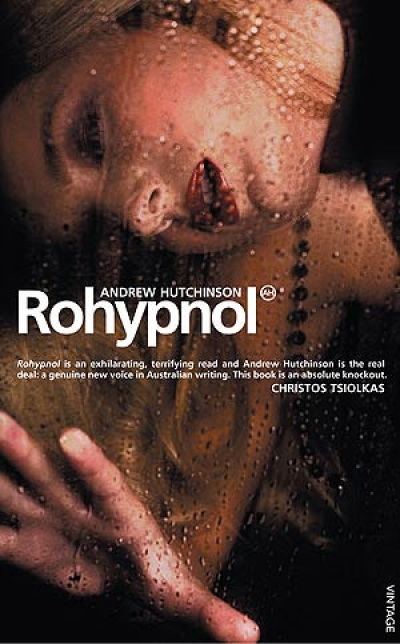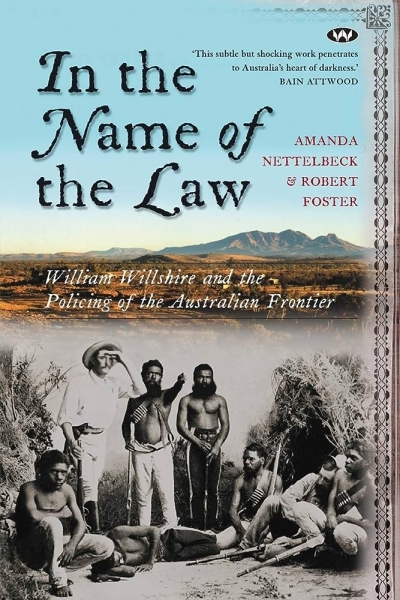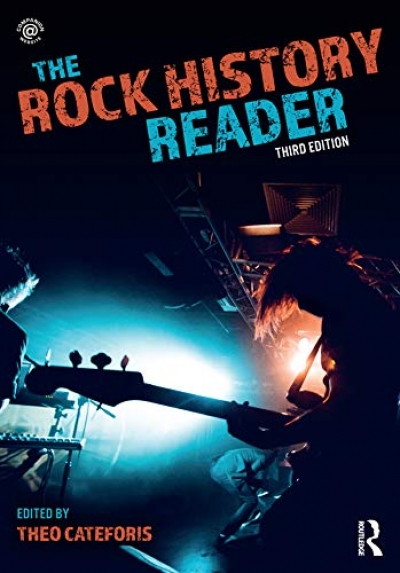Review
Racers of the Deep: The Yankee Clippers and Bluenose Clippers on the Australian Run 1852 - 1869 by Ralph P. Neale
In the Name of the Law: William Willshire and the Policing of the Australian Frontier by Amanda Nettelbeck and Robert Foster
Legacy of Ashes: The History of the CIA by Tim Weiner
The Contemporary Bauman edited by Anthony Elliott
The latest issue of Meanjin is excellent. Ian Britain and his co-editor, Jennifer Digby, have assembled a group of learned contributors to address the theme of ‘Crime and Law’. The interaction between their wide range of experiences and orientations – professional, personal, poetic – makes the journal a fascinating read. The essays are strong, diverse and engaging.
Justice Michael Kirby’s affecting meditation on the significance of the 1957 Wolfenden report on Homosexual Offences and Prostitution is both an erudite professional opinion and a personal account of how devastatingly the law can impinge on individual liberty in the name of religious morality. Despite the forceful recommendations of the report, widespread law reform on the decriminalisation of homosexuality was slow to occur. Australia only began to see legislative change on this issue as a part of Don Dunstan’s reforms in South Australia, in 1975. Drawing upon the work of Jeremy Bentham and John Stuart Mill, Kirby argues that ‘criminal law, with its heavy-handed punishments, stigma and shame, [is] not to be deployed on the basis only of scriptural texts and private sensibilities’.
... (read more)








